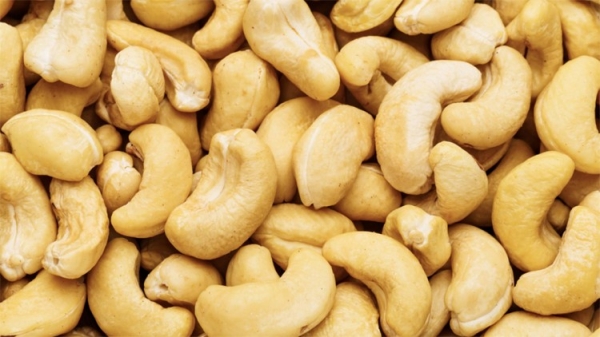The Guinness World Records Organization recognized Pepper X as the world's hottest chili pepper, far surpassing the previous top-ranked Carolina Reaper.

The spicy taste of Pepper X can last for hours. Photo: USA Today
Pepper X's average heat rating is 2.69 million SHU (Scoville Heat Units). On the SHU scale, 0 represents a mild flavor, while a typical jalapeño pepper has a heat rating of about 5,000 SHU. For comparison, pepper spray used for self-defense has a rating of 1.6 million SHU, Popular Science reported on October 17.
Winthrop University in South Carolina calculated the Scobille scale using samples collected over the past four years. Pepper X is a greenish-yellow color with many grooves and ridges along its stem. According to five brave people who have tried it, Pepper X tastes earthy after the heat begins to subside.
The pepper beats the 10-year-old record holder, the Carolina Reaper, by 1.64 million SHU, but both peppers were created by the same chili expert to increase the heat. Ed Currie, founder of the Puckerbutt pepper company, has been working on Pepper X since the Carolina Reaper first set the record in 2013.
When creating a new pepper, it takes several years for the desired traits to emerge through selective breeding. Hybrid peppers take about 10 generations to stabilize with predictable characteristics and consistent fruit production. Pepper X is a cross between a Carolina Reaper and a pepper Currie won’t reveal. His goal was to create a pepper that was extremely hot but also had little sweetness. Pepper X’s heat is so intense that even experts like Currie wince in pain.
"I felt the hotness for three and a half hours. Then the cramps set in. The cramps were terrible. I had to lean against a marble wall for about an hour in pain and moaning in pain," Currie shared.
A chemical in chili peppers called capsaicin is responsible for the burning sensation when eating hot peppers like the Carolina Reaper or Pepper X. Humans and other mammals perceive capsaicin as a threat when eaten. This sends a stinging signal throughout the body.
According to Paul D. Terry, an epidemiologist at the University of Tennessee, the short-term effects of eating extremely spicy foods range from a pleasant sensation of heat to a more unpleasant stinging sensation on the lips, tongue, and mouth. Spicy foods also cause a lot of gastrointestinal discomfort, headaches, and vomiting, so people who experience such effects should avoid eating them. Currie shares the peppers he creates with medical professionals, hoping they can use them to discover new treatments for diseases or help people with chronic pain.
An Khang (According to Popular Science )
Source link
































































Comment (0)